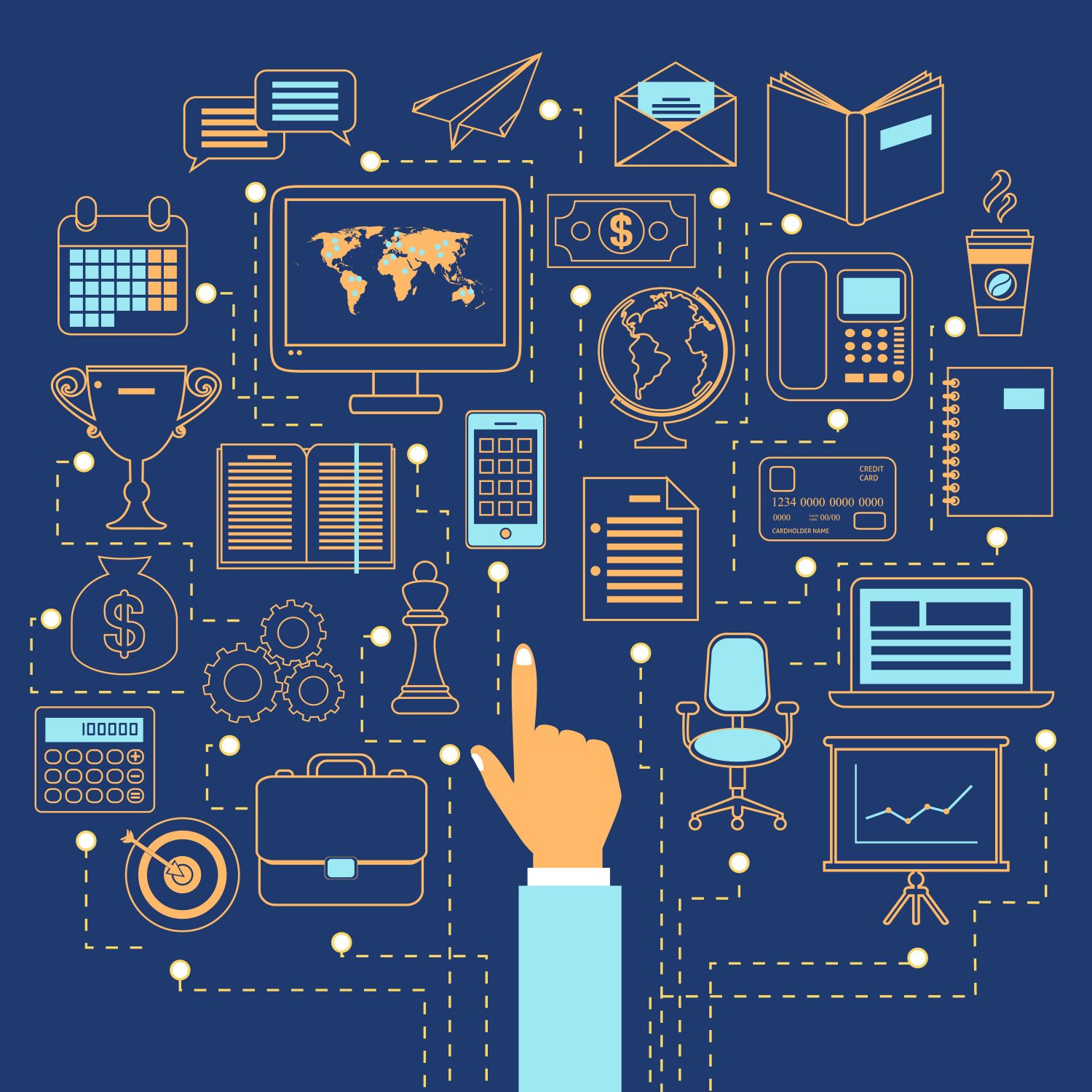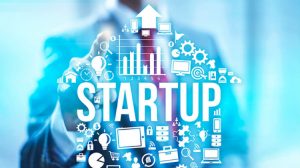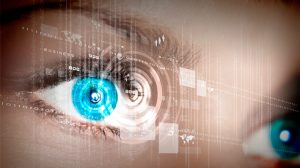At the beginning of September we witnessed two important events in the world of technology. The first one was the International Consumer Electronics Fair (IFA) 2014, which took place in Berlin (Germany), where the big electronics manufacturers presented their main innovations around mobile technology and wearable devices, which, as expected, were the stars of the show.
A few days later it was Apple who held an event alone, as usual, in Cupertino (California) to present its iPhone 6 and its new Apple Watch, the first smartwatch created by the company. Undoubtedly, it was one of the most anticipated presentations of the year, as Apple was one of the few tech companies which had not entered yet in the wearables market (actually, at the IFA, companies such as Samsung and LG, among others, even revealed new versions of their smartwatches.)
The revolution of the Internet of Things
But smartwatches are not only a fashion trend. In general, wearable devices and the emerging world of the Internet of Things (IoT) are going to play a leading role in the next big revolution in virtually all aspects of society.
In fact, we are beginning to experience this revolution with the smartwatches, the Google Glass and the smartbands, to name a few, which allow us to be notified of incoming calls, text messages, emails, Twitter messages, get geolocation data, and even information about our physical performance. This new level of connectivity will change the business models of many companies, the way they analyze data, and also the way in which goods and services are consumed.
While consumers continue to use Wi-Fi connections, bluetooth and 4G to connect to their smart devices at home, the office or in the car, an increasingly sophisticated Internet of Things will generate a sea of data about energy savings, traffic improvements, lifestyles, etc. that any business may be able to use to offer a better customer experience, for example.
Therefore, any type of business, from the smallest entrepreneur and startup to the largest company, they all need to keep up-to-date if they don’t want to be left out of the new business opportunities that will arise.
Business opportunities
One of the major turning points that the arrival of the devices from the Internet of Things era will generate is, as we have just mentioned, the proliferation of data that we will have at our disposal. Actually, the IoT is defined as the interconnectivity between things that use wireless communication technology (each with their own unique identifiers) to connect objects, places or people to the Internet, allowing the direct transmission and continuous exchange of data.
The information generated may be very limited in the majority of smart devices currently sold, but over time these products will evolve and offer very valuable data for companies. We can find an example of this in the company ThyssenKrupp, which already uses the IoT to provide better products and services, in this case related to its popular elevators.
ThyssenKrupp decided to include in its elevators a number of sensors and systems that generate information about their use. The data is analyzed and transformed into business intelligence, enabling the company to improve its operations and even the preventive maintenance of elevators.
In the case of smaller businesses, the possibilities offered by the Internet of Things include, for example, low-cost sensors, RFID tags on products, or an application installed in a client’s device. As a result, consumers can connect to the store or business and obtain, according to their needs, more specific information about products and services.
Although this is something that we can already see in online business, the real revolution will come to physical stores, where consumers will be able to pick up a product and the sensor installed in it will start interacting with the client’s smartphone, sending recommendations in real time to the phone. In addition, it may come a time when, as it already happens with computers, smartphones and tablets, smart devices may be updated instantly, and this will allow companies to roll out new features as they become available, ensuring greater consumer satisfaction.
Over the next few years, the Internet of Things will change dramatically the products we use every day, along with the companies selling them. Therefore, businesses, entrepreneurs and startups should take into account the evolution of these devices and their potential if they want to be competitive in the future.










